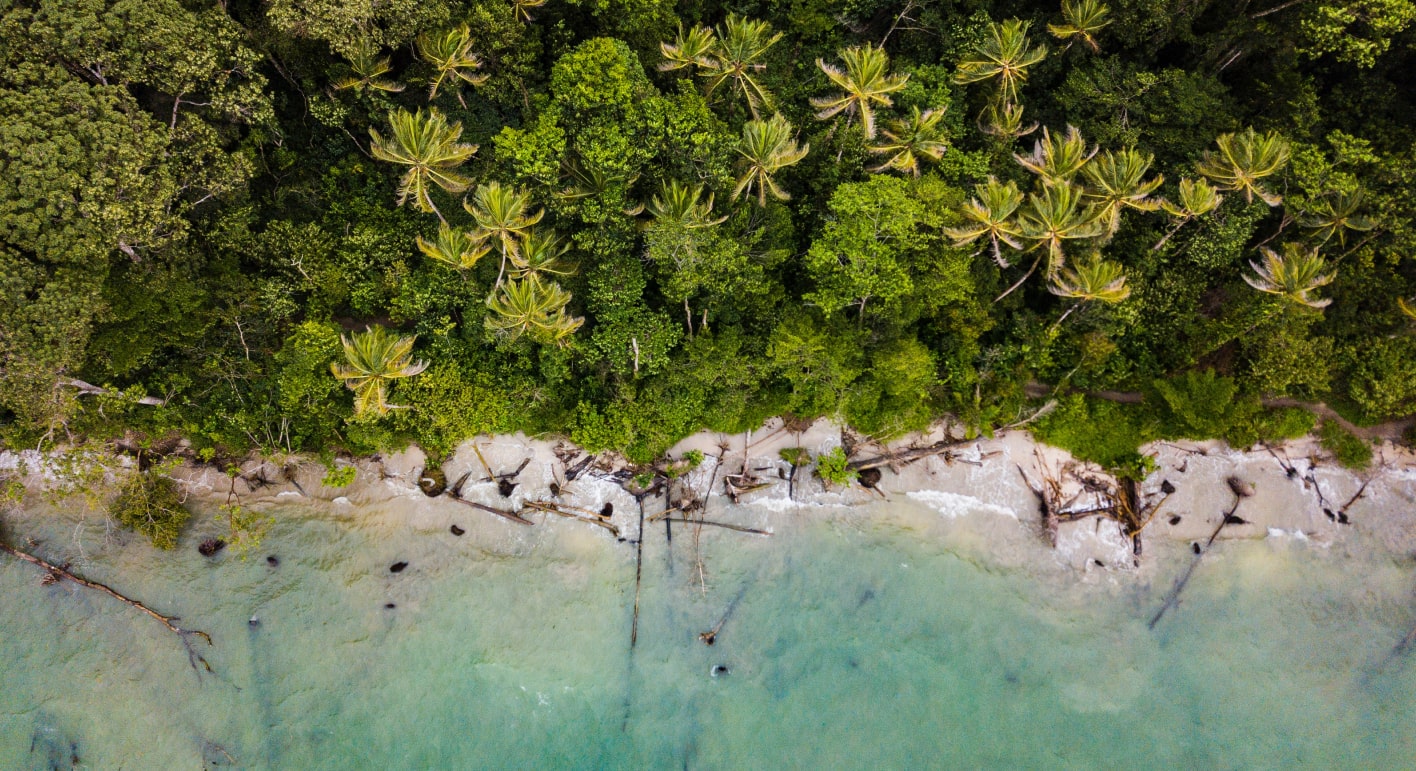Avoid Trouble in Paradise
Traveling to Costa Rica

Costa Rica is home to 16 volcanoes, a handful of which are considered active, so be sure to travel with a guide or ask a park ranger before you head out. It’s also prone to natural disasters, such as earthquakes, with the most recent large tremor being a magnitude 6.5 in 2017.
Unlike other countries in the region, however, Costa Rica has a modern disaster response system and updated building codes that have mitigated the negative impact of many recent quakes.
The rainy season in Costa Rica, also called the “green season,” runs from April to October. Visitors who arrive during this time will find fewer crowds, but also the potential for heavy rains, flooding, and the occasional hurricane.
Is travel insurance required for a trip to Costa Rica?
As of August 1, 2021, Costa Rica no longer requires travel insurance for those under 18 or from those who can show proof of COVID-19 vaccination. However, prudent, experienced travelers always purchase travel insurance, especially when traveling internationally. This information can change quickly, so we suggest you check the US State Department website for the most up-to-date information.
What type of travel insurance is best for Costa Rica?
Look for a policy that includes adventure activities, as there’s a good chance you’ll be very active on your vacation. Emergency medical evacuation is highly recommended, as are trip cancellation and trip interruption to protect your financial investment.
Does my personal health insurance cover me when I’m in Costa Rica?
The short answer is “it depends.” You should check with your health insurer before you depart, as some may cover international travel, while others may not. Even if you are covered, be aware that you generally need to pay out of pocket and then seek reimbursement when you return home. Other considerations include:
- An emergency medical evacuation can easily cost $100,000 or more. Travel insurance generally pays this cost up front, and can protect you against a huge bill later.
- For those on US Medicare, be aware that Medicare does not cover you outside the US.
- Don’t expect the State Department to come to your rescue — from their website: “We do not pay medical bills. Payment of hospital and other expenses is the patient’s responsibility.”
How much does travel insurance for Costa Rica cost?
Based on factors such as your age, trip cost and trip length, the cost can range from 4-8% of your total trip cost, or more if you select options such as Cancel For Any Reason coverage.
Is Costa Rica safe for travelers?
Generally, yes, although there have been incidents of crime against US citizens. Anyone traveling to a foriegn country should always check the US State Department for country-specific information on safety, health, local laws, and other valuable information.
Does travel insurance cover hurricanes?
Most travel insurance policies cover hurricanes in some fashion, although it’s important to understand what circumstances are covered. Does it cover a mandatory evacuation at your resort? What about damage to your resort that makes it uninhabitable? What if you’re unable to get to your destination due to impassable roads or grounded airline flights?
Do I need separate car insurance if I rent a car in Costa Rica?
Your US auto insurance policy likely does not cover you for rentals outside the US, but you should check with your insurance company before departing. Note that the damage waiver offered by the rental company can be very expensive. Many travel insurance plans offer rental vehicle damage coverage that can be less expensive than what is offered by the rental agency.
